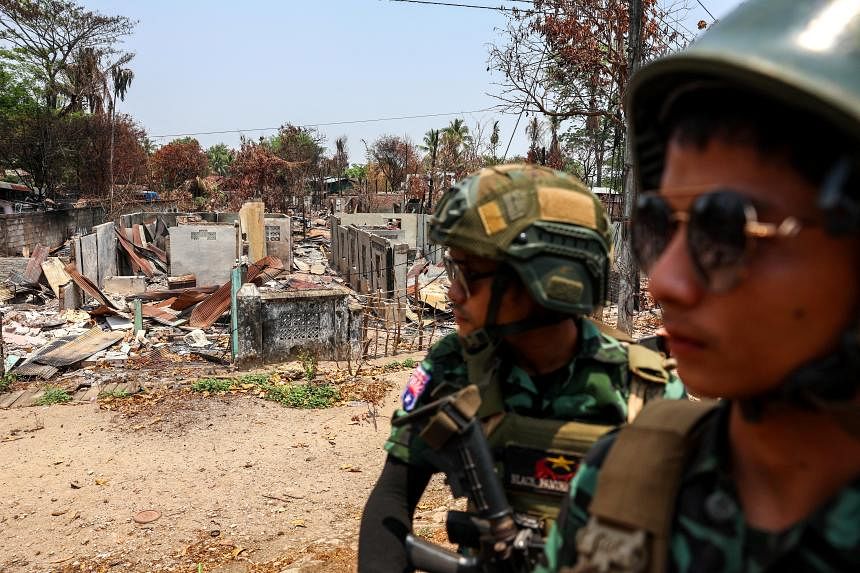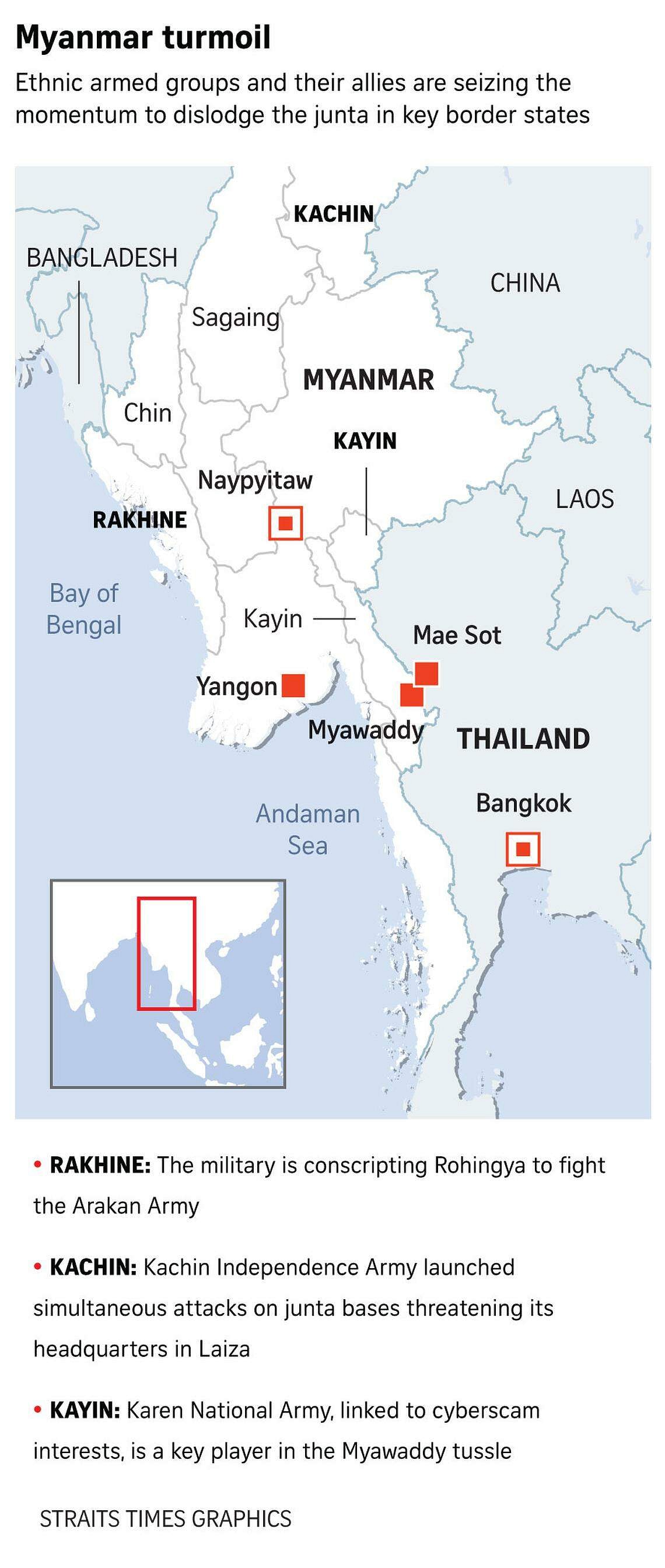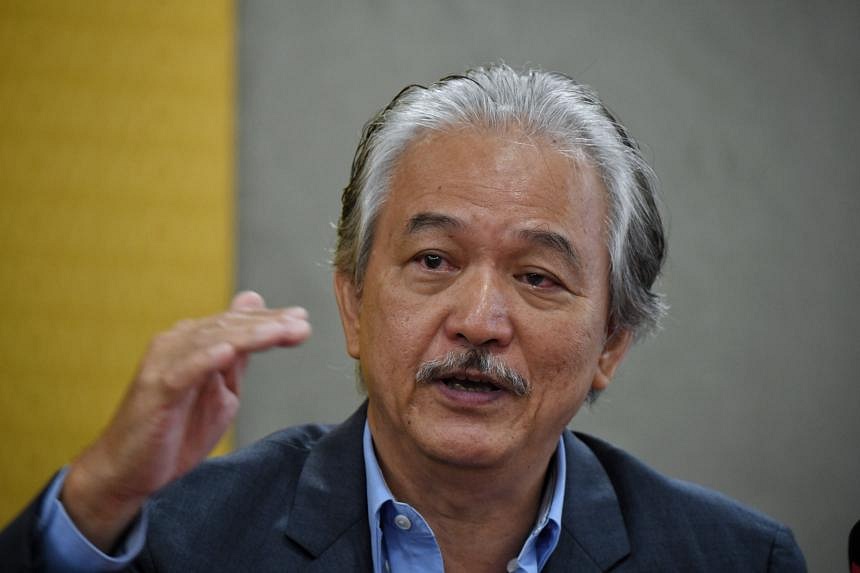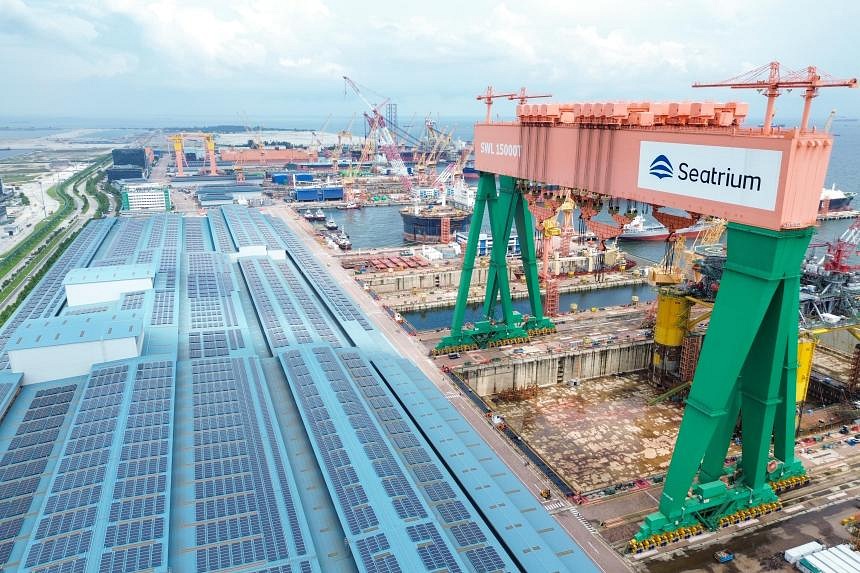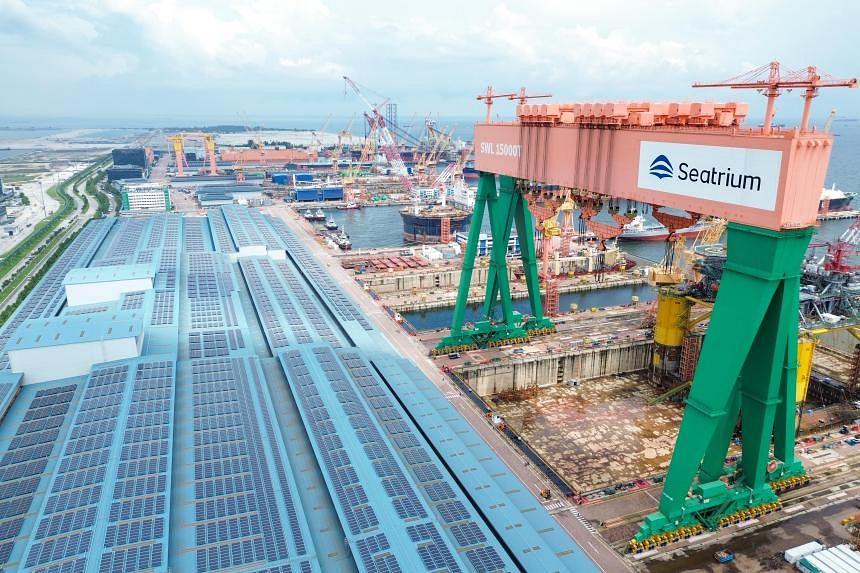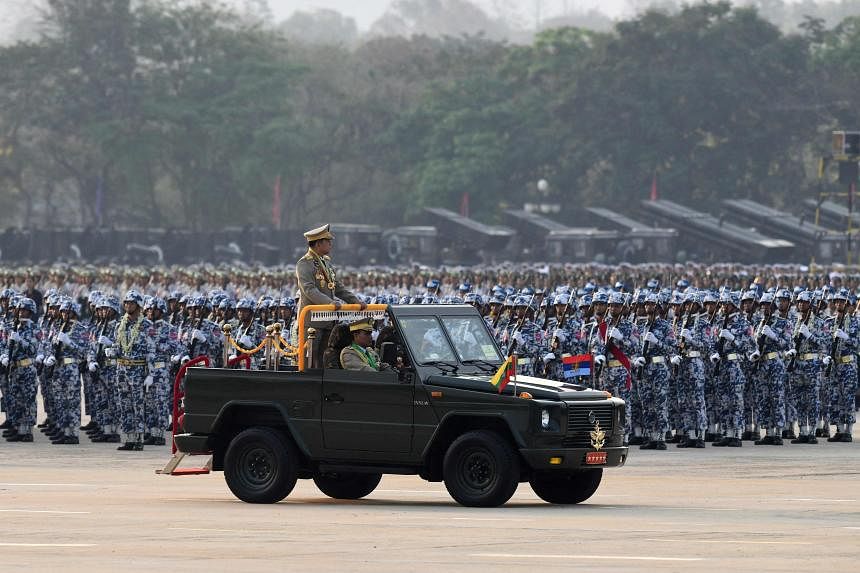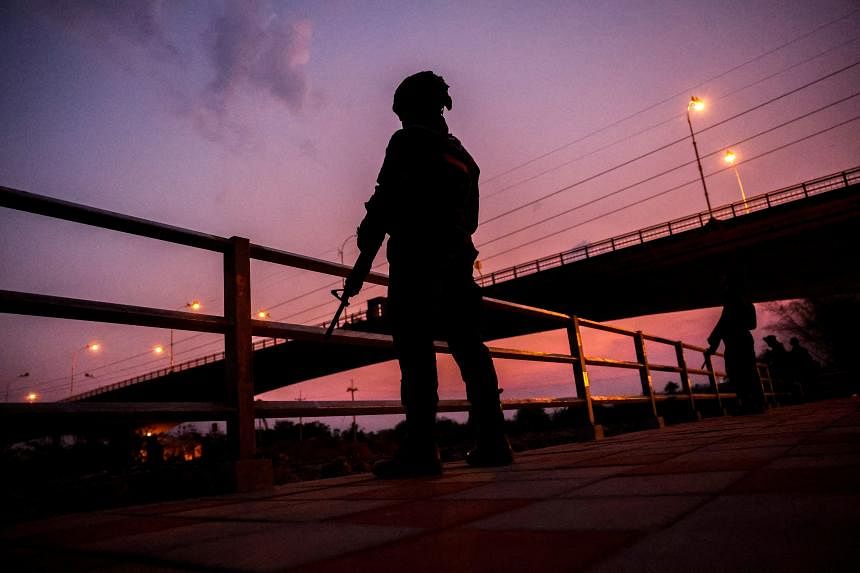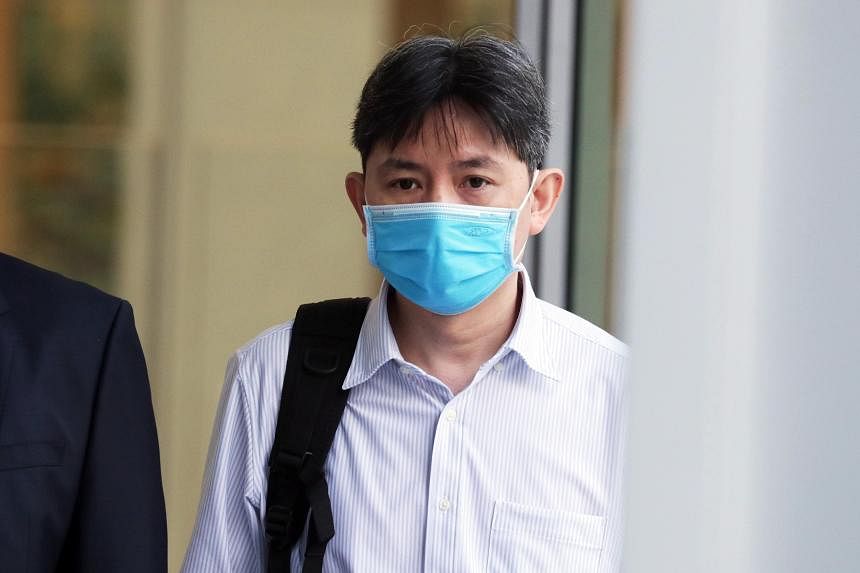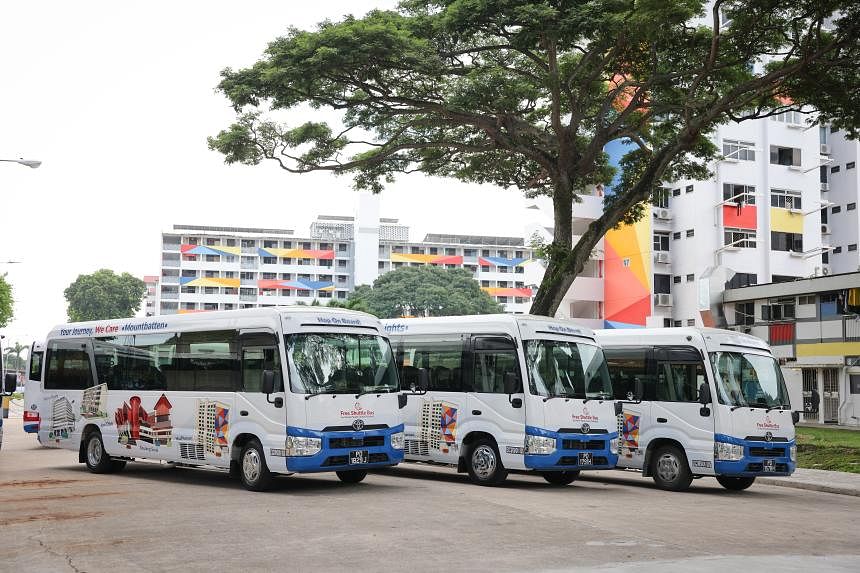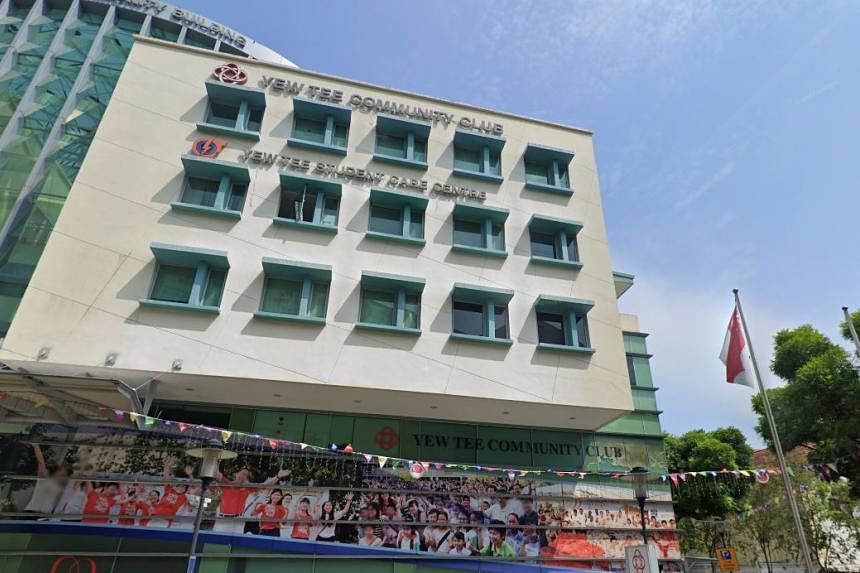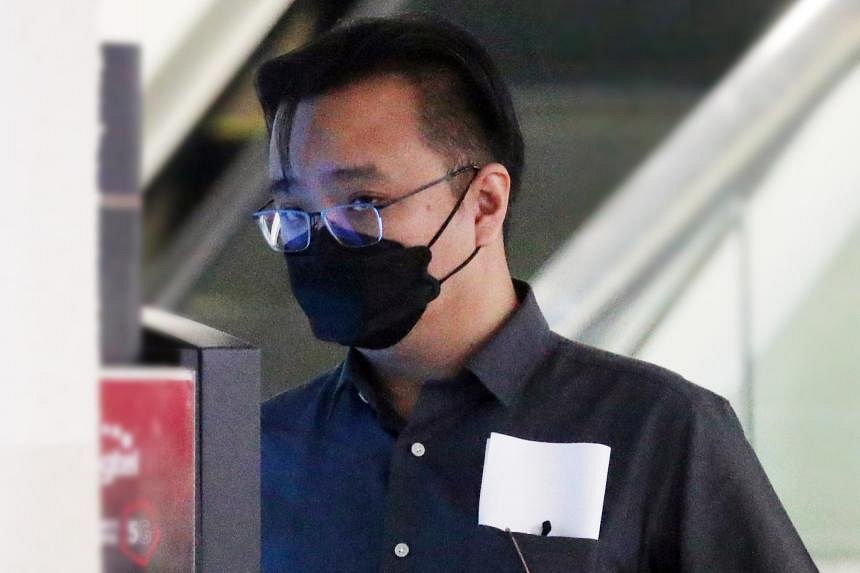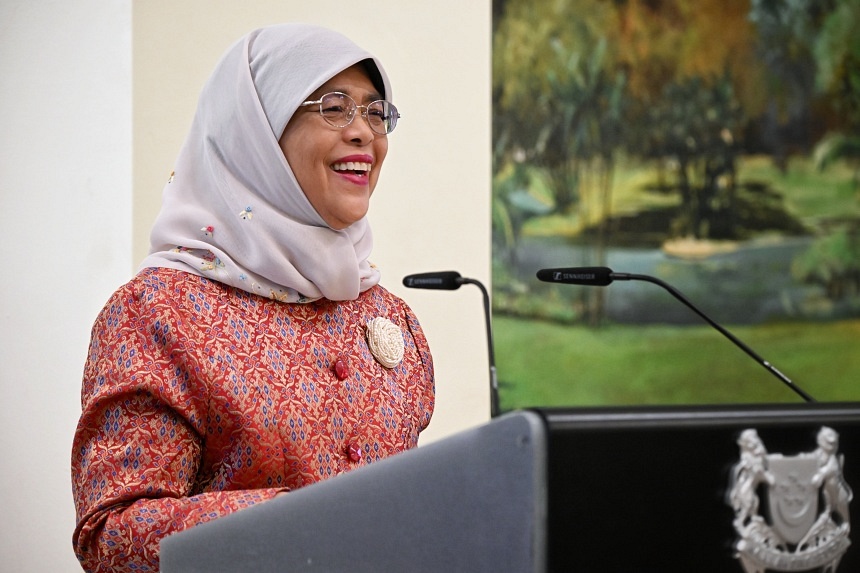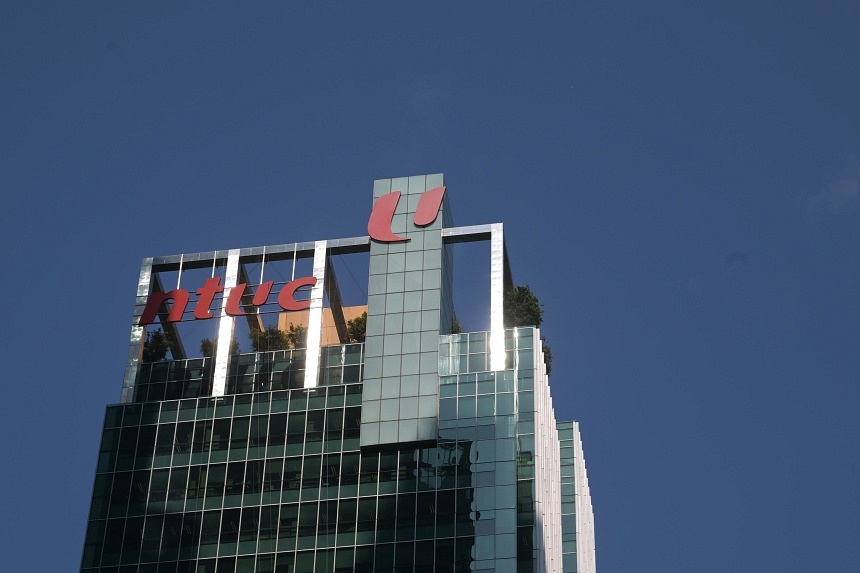Quote:
"In this regard, he credited the Singapore Government for responding immediately after the release of his 2023 report that highlighted how Singapore-based entities were the third-largest source of weapons material for the Myanmar military.
Although Singapore does not authorise the transfer of dual-use items to Myanmar where there is serious risk that they may be used to inflict violence on unarmed civilians, his investigations had uncovered the flow of US$254 million worth of arms and related goods such as machines for metal work and raw metals between February 2021 and December 2022."
The ‘fall’ of Myawaddy: What it says of the state of Myanmar’s civil war
The country is splintering further. As the junta loses ground, some ethnic armed groups are staking their claim to key borderlands in pursuit of their own interests, including online scams.
Tan Hui Yee
Indochina Bureau Chief
Soldiers from the Karen National Liberation Army on patrol in the strategic border town of Myawaddy, Myanmar, on April 15. PHOTO: REUTERS
May 06, 2024
MYAWADDY, Myanmar – Myawaddy has fallen, but not quite. Over the past few weeks, the see-saw tussle between Myanmar junta and resistance forces over
the strategic Myanmar border town of Myawaddy has involved air strikes and turncoat soldiers.
It is instructive about the nature of the country’s three-year-old political crisis: There are no neat narratives for this multi-fronted civil war involving not just the junta and a variety of armed groups, but also rivalry between ethnic armed groups fighting for no one’s interests but their own.
While Myawaddy, through its sheer proximity to Thailand, gave the world a rare front-row glimpse of the destruction caused by the conflict, it is by no means where conditions are most desperate.
More than 2.8 million out of Myanmar’s 55 million population have been forced to flee their homes. Nearly half of its people live below its poverty line of 1,590 kyats (S$1) a day. That is roughly 50 Singapore cents a day, if the kyat’s depreciation is taken into account.
The deprivation is deeper in Myanmar’s northern and western states of Chin, Rakhine and Kachin, according to a 2024 United Nations report. And the crisis is amplifying existing inequalities, with women losing jobs at a rate faster than men.
Yet, even as political solutions to the turmoil unleashed by the 2021 military coup remain elusive, there is an urgent need to sustain as well as reimagine what it takes to support the people of Myanmar.
Big money
While Myanmar is not new to civil war, the current conflicts unleashed by the coup are becoming enmeshed in transnational crime in new ways.
Some armed groups in Myanmar have long been funded through the narcotics trade as well as provided sanctuary to transnational criminal networks. The United Wa State Army, which controls a part of Shan state bordering China, was labelled by the United States in 2008 as “the largest and most powerful drug trafficking organisation in South-east Asia”.
These days, the new money spinner is the online scam industry, and it likely played a role in the power tussle in Myawaddy.
Over US$1 billion (S$1.35 billion) worth of annual trade passes through the Kayin state border town, which sits in close proximity to a cyberscam hub known as Shwe Kokko.
Shwe Kokko is in turn controlled by the leaders of a roughly 8,000-strong armed group formerly called the Kayin state Border Guard Force (BGF). The force used to take orders from the Myanmar military. In January 2024, as the Chinese government cracked down on the cross-border scam hubs in collaboration with the regional authorities, the BGF declared its independence from the junta and rebranded itself the Karen National Army (KNA).
The KNA largely stood aside as the Karen National Union (KNU), another ethnic armed group operating in Kayin state, launched an assault with allied fighters on junta military bases around Myawaddy and overran them by April 11.
The alliance blocked junta reinforcements deployed from inland while trying to flush out the remaining soldiers who had taken refuge near a bridge linking Thailand and Myanmar. The military responded with air strikes which
sent thousands of civilians surging across the Moei River to seek refuge in Thailand.
But the KNA helped the junta reclaim its Infantry Battalion 275 base just about one week after its fall. The KNU then withdrew its troops from Myawaddy.
Given the complex fault lines in Kayin state, the ejection of the junta from Myawaddy was always going to be difficult to achieve and a challenge to sustain. Hence, while pro-democracy groups celebrated the KNU’s initial triumph in Myawaddy, the townsfolk remained wary.
Civilians who could afford it rented rooms in the Thai town of Mae Sot just across the border in case fighting flared up in Myawaddy’s town centre. Long inured to the rivalry among the ethnic Karen armed groups operating in Kayin state, Myawaddy folk got ready to flee at the first sign of attack by the junta – or intra-ethnic tensions.
Many who spoke to The Straits Times immediately after the KNU’s triumph adopted the same mindset as online retailer Ma Mee Mee, who had left her elderly parents, two-year-old child, and valuables in a rented house in Mae Sot while shuttling between that and her Myawaddy home for her business.
“Who will govern? I don’t know for sure who has taken over Myawaddy,” she told ST, using a pseudonym for security reasons.
The resulting morass in Myawaddy has just left the KNA as the predominant force in town, much to the detriment of regional efforts to crack down on cyberscam operations. The United States Institute of Peace (USIP), in an April 22 report, noted how the vast majority of scam syndicates in Kayin state are operating in zones controlled by the KNA and its leader Saw Chit Thu, who was sanctioned by Britain in 2023 over allegations of human trafficking.
“He and his cohorts care little about the cause of Karen autonomy and democracy pursued by the KNU/KNLA but focus instead on maximising profits from criminal activity,” the USIP report said. The KNLA stands for the Karen National Liberation Army, an armed wing of the KNU.
Earnings from Shwe Kokko are said to amount to US$192 million annually.
Seizing momentum
Myawaddy aside, there is broad agreement among analysts that the Myanmar junta is on the back foot. While it struggles to move hundreds of soldiers into position to retake Myawaddy, it is
replenishing its depleted ranks with conscripts, at a targeted rate of 5,000 a month. The regime has also ordered even veterans under 67 years old to serve as reservists, The Irrawaddy news outlet reported.
In borderlands as diverse as Chin state next to Bangladesh and India, as well Kachin state next to China, local ethnic armed groups are seizing the momentum to dislodge the junta and expand their territories.
The shadow National Unity Government (NUG) coordinates the deployments of its People’s Defence Forces with those of allied ethnic armed organisations. In an April 30 statement, it said that the “revolutionary forces” and the NUG have gained control of
“over 60 per cent of the country, including five border towns”. This cannot be verified.
Over in the western Rakhine state, the ethnic Rakhine Arakan Army says it has seized control of at least nine out of the 17 townships, triggering junta blockades that have led to shortages of medicine and other essentials.
Conditions there are particularly wretched for the Rohingya Muslims. Denied citizenship under Myanmar law, the Rohingya cannot move across state and township boundaries freely. Sectarian tensions tracing back to colonial British rule and subsequently exploited by the Myanmar military and inflamed by Buddhist nationalists caused the Rohingya to be driven out of their Rakhine state homes into shabby camps from 2012.
In 2017, 700,000 Rohingya fled to Bangladesh after a brutal military crackdown, leaving about 600,000 of them in Rakhine state. The same military is now forcibly conscripting Rohingya to pit them against ethnic Rakhine fighters from the Arakan Army, in what appears to be another attempt to exploit the ethnic cleavages. This, even as conditions in Rohingya camps are so dire that some 80 of them died from dysentery in the Rakhine state capital of Sittwe in April.
Tensions are mounting. In a statement on April 26, the Arakan Army’s political wing, the United League of Arakan, imposed a curfew in the northern regions of Buthidaung and Maungdaw, accusing the junta of training “Muslim extremists to stoke communal tensions and arming terrorist groups within the Muslim community, all aimed at furthering their agenda during the ongoing conflict”.
Rohingya civilians are now being pressured by the junta into taking up arms but risk being labelled by the Arakan Army as extremists.
Meaningful aid
Given the complex dynamics in the country – and the concurrent conflicts in Ukraine and Gaza – the Myanmar crisis risks slipping away from global consciousness. But meaningful interventions are both possible and necessary, even though the future of Myanmar needs to be determined by its own people.
Mr Tom Andrews, the UN special rapporteur on the situation of human rights in Myanmar, told ST: “I think we have a responsibility, as an international community, to the fundamental principles that are embedded in the United Nations charter, embedded in the Declaration of Human Rights.”
Myanmar’s people, he said, need action. “They need the world to stand for principle.”
In this regard, he credited the Singapore Government for responding immediately after the release of his 2023 report that highlighted how Singapore-based entities were the third-largest source of weapons material for the Myanmar military.
Although Singapore does not authorise the transfer of dual-use items to Myanmar where there is serious risk that they may be used to inflict violence on unarmed civilians, his investigations had uncovered the flow of US$254 million worth of arms and related goods such as machines for metal work and raw metals between February 2021 and December 2022.
The Singapore Government’s subsequent crackdown reduced the export of such material from Singapore to Myanmar by 83 per cent, he said.
Indonesia-based independent analyst Adelina Kamal, meanwhile, argues that humanitarian agencies need to adapt to the fast-changing circumstances in Myanmar to avoid inadvertently prolonging the crisis.
She is critical of the reliance on a “state-centric” model, where aid agencies lean on channels provided by a “de facto government” even though its legitimacy may be contested. This is problematic in Myanmar because the junta requires all non-profit organisations to register with it and then prohibits them from contacting groups that are unlawful or declared to be terrorists – in effect weaponising aid against the regime’s adversaries.
Faced with these onerous conditions, many local civil society groups have chosen not to register, and instead work quietly through decentralised networks to access hard-to-reach areas.
Ms Adelina argues that international aid agencies should support local humanitarian groups bypassing the junta’s system.
“Myanmar today is a very different landscape than the decades past. As the Myanmar military junta loses ground on an unprecedented scale throughout the country, it is crucial that Myanmar be understood as an interim state with the people actively building a nation in the midst of the ongoing war,” said the former executive director of Asean Coordinating Centre for Humanitarian Assistance on Disaster Management.
“Any engagement and approach including humanitarian assistance that is state-centric ultimately fails to capture the complexities on the ground and undermines the work of diverse humanitarian and democracy actors on the ground who are saving lives,” she said.
Such reassessment will increasingly be necessary as war sweeps up more communities across Myanmar. Thailand, for example,
sent its first tranche of aid to Myanmar through a bridge linking Mae Sot and Myawaddy in March 2024, under a wider programme to establish a humanitarian safe zone and hopefully open up spaces for dialogue.
Although the plan was criticised for involving the junta and the junta-linked Myanmar Red Cross, some of the aid was eventually disbursed to internally displaced people in an area controlled by the Karen National Union.
If and when junta reinforcements reach Myawaddy and trigger fierce clashes right on the Thai-Myanmar border, it is not clear whether the same aid formula will work.
Months from now, the balance of power in currently contested territories across Myanmar could look very different. Bangkok – and the rest of the region – would need to adapt fast to these shifting sands.



